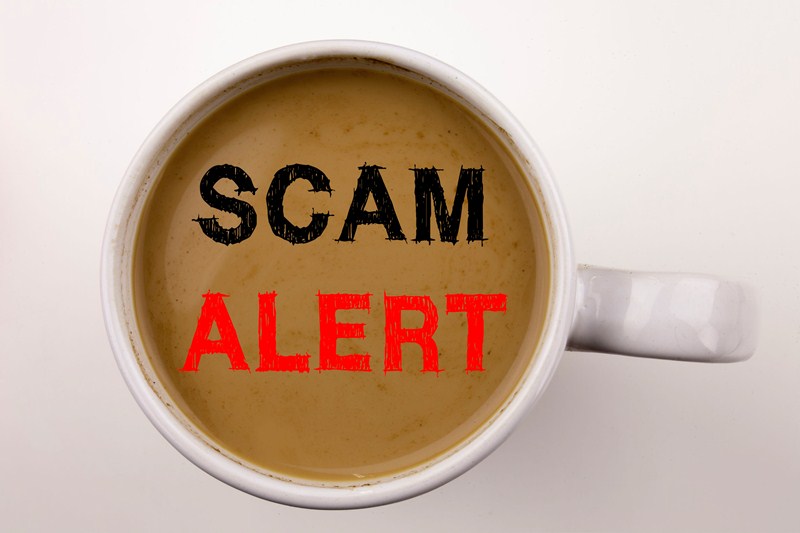Scammers are on the rise as the Self-Assessment deadline nears! HMRC warns that HMRC never emails or texts about tax refunds. Stay alert, report suspicious contacts, and protect your money from fraudsters.
Fraudsters are increasingly targeting taxpayers with scam emails as the deadline for submitting self-assessment returns for the 2023-24 tax year approaches. Between November 2023 and October 2024, HMRC received over 144,000 reports of suspicious contact, nearly 72,000 of which involved fake tax rebate claims. There has been a significant rise in scam emails compared to the previous year.
These scams often claim that taxpayers are entitled to a rebate or refund from HMRC and request bank or credit card details to process the non-existent refund. Fraudsters use various methods, including phone calls, text messages, and emails, and may even threaten victims with arrest or imprisonment if a fabricated tax bill is not paid immediately.
HMRC works to identify and shut down scams but continues to urge taxpayers to be vigilant and avoid falling victim. Remember, HMRC only contacts individuals due a refund by post—never via email, phone, text, or third-party companies. Legitimate organizations like HMRC and banks will never ask for your PIN, password, or bank details.
If you receive a suspicious email claiming to be from HMRC, forward it to phishing@hmrc.gov.uk. For suspicious texts, text 60599, and for fraudulent calls, report them via GOV.UK. If you have lost money, contact Action Fraud at 0300 123 2040 or report online. In Scotland, contact the Police on 101.
HMRC’s Chief Security Officer at HMRC, said:
'With millions of people filing their Self-Assessment return before January’s deadline, we’re warning everyone to be wary of emails promising tax refunds.
Being vigilant helps you spot potential scams. And reporting anything suspicious helps us stop criminal activity and to protect you and others who could have received similar bogus communication.
Our advice remains unchanged. Don’t rush into anything, take your time and check ‘HMRC scams advice’ on GOV.UK.'

